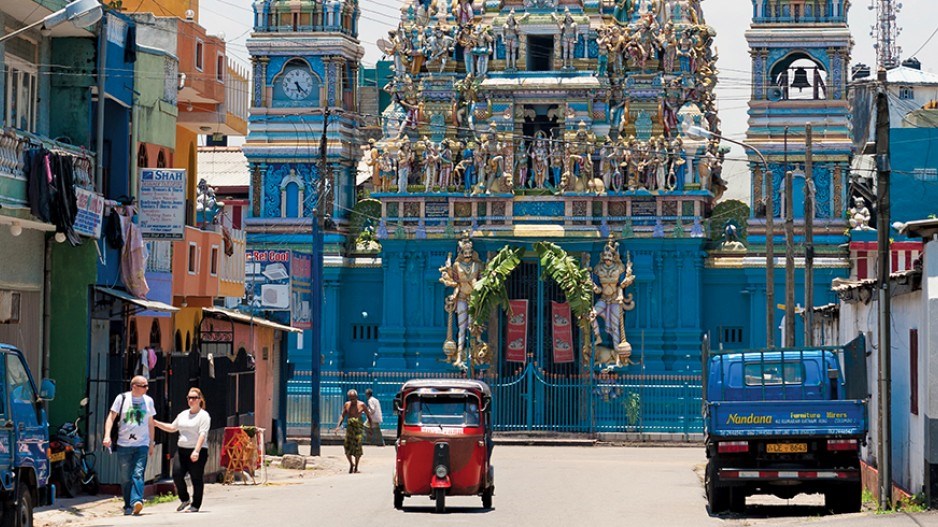The unexpected victory by opposition leader Maithripala Sirisena in Sri Lanka’s presidential election will see a realignment of the country’s economic and diplomatic relations towards India, Europe and North America, and away from China.
This will be coupled with constitutional changes at home aimed at ending the authoritarian executive presidency established under defeated leader Mahinda Rajapaksa and restoring parliamentary democracy.
However, Sirisena will have a tough time sticking to his new course for Sri Lanka, at least in the early months of his presidency. The makeup of the coalition Sirisena put together after quitting Rajapaksa’s government in November is so diverse that internal bickering and obstructions are inevitable. That may change after parliamentary elections on April 23, when new Prime Minister Ranil Wickremasinghe and his United National Party are expected to win the most seats.
The defeat of Rajapaksa, in power since 2005, is a significant blow to China’s ambitions in the Indian Ocean.
Under Rajapaksa, Beijing lavished more than $4 billion worth of investments on Sri Lanka and became the country’s dominant source of loans. Chinese projects include construction of a $1.4 billion apartment, hotel and office complex on reclaimed land in the capital, Colombo, a $1 billion highway and a $1.3 billion coal-fired power plant.
Chinese President Xi Jinping sees the island nation of 21 million people as an important link along his “maritime Silk Road,” enhancing the commercial chain joining China, Europe and the Middle East. China’s economic dominance in Sri Lanka had the added advantage of giving Beijing a military foothold in the Indian Ocean from which to pursue its policy of containing regional rival India.
For Rajapaksa there were few options but to throw in his lot with Beijing. He remains the target of international outrage for the alleged massacre of about 40,000 Tamil civilians in 2009 at the end of Sri Lanka’s 26-year civil war. The close relationship with China meant Rajapaksa could count on Beijing’s veto at the United Nations if the hounds of retribution got too close.
But, as much as anything, Rajapaksa’s tight relationship with Beijing backfired on him in this election. The perception had taken hold among voters that the flow of money from China was fostering corruption and allowing Rajapaksa to indulge his increasingly authoritarian instincts. Sirisena’s election manifesto put it this way: “The land that the White Man took over by means of military strength is now being obtained by foreigners by paying ransom to a handful of persons. If this trend continues for another six years [the presidential term] our country would become a colony and we would become slaves.”
Even so, Sirisena cannot and will not entirely cut economic ties with China. Instead he will seek to build a counterbalance by improving relations with the European Union and the United States, which are the markets for 60.7% of Sri Lanka’s exports. Sirisena will also seek closer economic ties with India, a mere 64 kilometres to the north across the Palk Strait, as well as with other Asian investor and trading nations.
On the home front, the nature of Sirisena’s coalition suggests he will focus on raising funding for education and health care, and cutting taxes despite the effects on the budget deficit.
A major headache will be what to do about Sri Lanka’s large stable of state-owned, loss-making enterprises. A major privatization program is unlikely, at least in the short term, and Sirisena will probably opt for an attempt at improving the management of these enterprises. •
Jonathan Manthorpe ([email protected]) has been an international affairs columnist for nearly 40 years.




